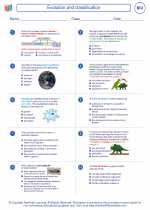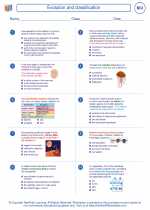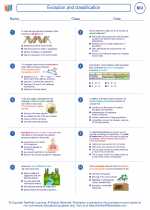Immigration
Immigration refers to the process of individuals moving from one country to another with the intention of settling there permanently. This movement can occur for various reasons, including economic opportunities, family reunification, or fleeing from persecution or conflict in their home country.
Causes of Immigration
There are several factors that can drive individuals to immigrate to a new country:
- Economic reasons: Many people immigrate in search of better job opportunities and higher standards of living.
- Family reunification: Family members may immigrate to join their relatives who are already living in another country.
- Political instability: Individuals may flee their home country due to political persecution, war, or human rights violations.
- Education and healthcare: Some people move to access better educational or healthcare facilities in another country.
- Environmental factors: Environmental disasters or climate change can force people to seek better living conditions elsewhere.
Effects of Immigration
Immigration can have significant social, economic, and cultural impacts on both the country of origin and the host country:
- Economic impact: Immigrants can contribute to the workforce and often fill essential roles in industries facing labor shortages. However, immigration can also lead to competition for jobs and strain social welfare systems.
- Cultural diversity: Immigration enriches the cultural fabric of a society by bringing in new traditions, languages, and perspectives.
- Challenges of integration: Immigrants may face challenges in adapting to a new culture, learning a new language, and establishing themselves in a new community.
- Global interconnectedness: Immigration fosters connections between countries and promotes global understanding and cooperation.
Immigration Laws and Policies
Most countries have specific immigration laws and policies that regulate the entry, residence, and naturalization of immigrants. These laws often address issues such as visa requirements, refugee status, and deportation procedures.
Study Guide
Here are some key points to remember when studying the topic of immigration:
- Understand the push and pull factors that drive immigration.
- Examine the social and economic impacts of immigration on both the country of origin and the host country.
- Explore the legal frameworks and policies governing immigration in different countries.
- Consider the ethical and humanitarian aspects of immigration, including refugee rights and asylum policies.
- Discuss the cultural implications of immigration and the concept of multiculturalism.
Remember to approach the topic with empathy and open-mindedness, considering the complex and multifaceted nature of immigration and its effects on individuals and societies.
.◂Biology Worksheets and Study Guides High School. Evolution and classification

 Worksheet/Answer key
Worksheet/Answer key
 Worksheet/Answer key
Worksheet/Answer key
